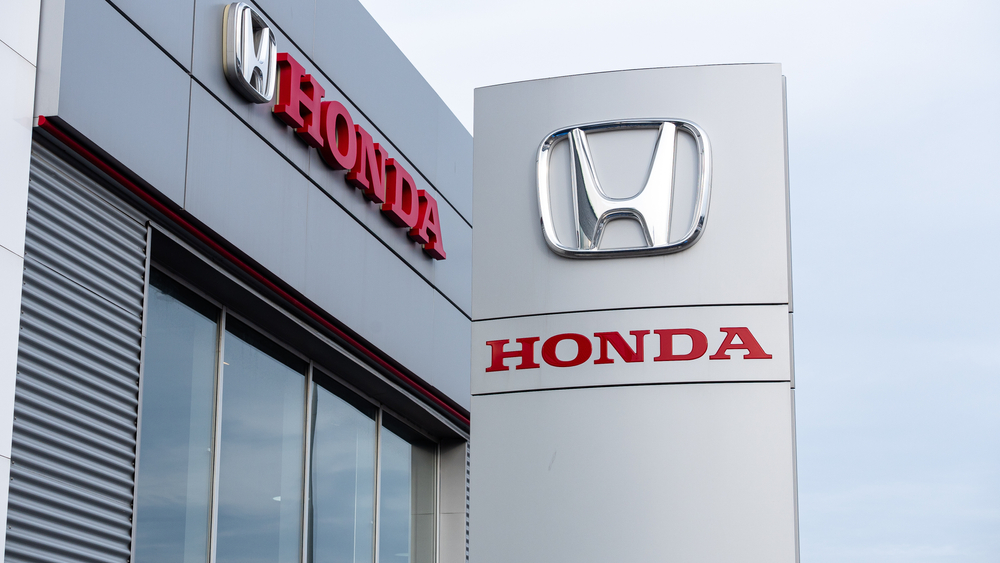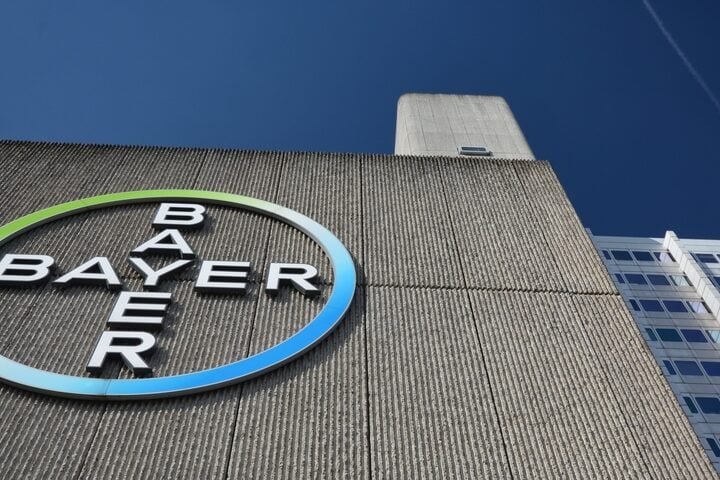Honda and Nissan have announced plans to hold formal talks over the next six months to explore a possible merger, a move that could create the world’s third-largest automaker. Mitsubishi, a smaller Japanese automaker already allied with Nissan, will also join these discussions. If the merger materializes, the combined company would trail only Toyota and Volkswagen in global sales.
Nissan CEO Makoto Uchida called this a “pivotal moment” for both companies, stating, “Together, we can create a unique way for customers to enjoy cars that neither company could achieve alone.”
The Need for Consolidation
The auto industry is facing mounting pressure to adapt to the future of transportation, including the costly transition from gasoline-powered vehicles to electric vehicles (EVs). Meanwhile, Chinese automakers, already ahead in the EV race, are becoming formidable competitors.
Merging resources could help Honda and Nissan overcome these challenges. For Nissan, the timing is critical; the company has faced severe financial struggles since the collapse of its alliance with Renault. Profits plunged 94% in the first half of 2024, forcing the automaker to slash production, lay off 9,000 workers, and significantly reduce its profit forecasts.
Analysts have warned that Nissan’s financial troubles, combined with a large debt payment due in 2026, could lead to bankruptcy if it doesn’t secure a strong partnership soon.
Mergers in the Auto Industry: Lessons From the Past
Mergers among automakers are not new, but their track record has been mixed. The industry has witnessed both success stories and notable failures.
In 1998, Daimler-Benz acquired Chrysler, only for the partnership to unravel a decade later. Chrysler went bankrupt and required a federal bailout soon after. More recently, Chrysler’s merger with Europe’s PSA Group to form Stellantis has struggled, with declining sales and profits reported in 2023.
Nissan’s previous alliance with Renault ended dramatically after the arrest of its former CEO Carlos Ghosn on financial misconduct charges. The fallout left Nissan without a strategic partner and exposed the risks of poorly aligned mergers.
Despite these challenges, the auto industry continues to consolidate, driven by the high costs of innovation and increasing competition.
Industry Experts Predict More Consolidation
Adam Jonas, an auto analyst with Morgan Stanley, views the Honda-Nissan talks as part of a broader trend toward consolidation. “Legacy auto companies that don’t find new partners must face the prospect of being smaller companies with higher capital expenditures,” Jonas explained.
He also noted that companies choosing not to merge could be at a disadvantage in an era where scale, cost leadership, and collaboration are paramount. Jonas believes this merger, if successful, could inspire other automakers to seek partnerships to remain competitive.
What’s at Stake
For Honda and Nissan, this merger represents an opportunity to pool resources, share research and development costs, and strengthen their EV strategies. However, the talks are in their early stages, and the companies will need to address potential challenges, including cultural differences, operational integration, and long-term strategic alignment.
If successful, this merger could not only redefine the competitive landscape of the auto industry but also serve as a model for other companies navigating the rapidly evolving transportation market.
A New Era in Automotive Collaboration
The Honda-Nissan merger talks highlight the shifting dynamics of the global auto industry. With the transition to EVs accelerating and competition intensifying, partnerships and consolidation are becoming essential for survival and growth.
As the talks unfold, the potential merger between these two automotive giants could pave the way for a new era of collaboration, innovation, and global competitiveness.







